Chemotherapy was one of the toughest parts of cancer treatment. But what made it better was the pat on my hand by my oncologist at the end of the day with a quiet assurance, “Don’t worry, you will be okay.”
And at the end of the day, as I waited for the elevator, an elderly man waited alongside, accompanied by his wife. Exhausted, worn out by the drugs and ready to drop, we hardly had energy to exchange much, apart from wan smiles, before going towards our respective destinations.
We had the same designated day of the week for our treatment, and every Thursday when I arrived for my weekly dose at the chemotherapy ward, he would be there, waiting for a room. We would be allotted adjacent rooms. In my mind, he was my partner, not an assigned one, though, and we were ready to beat the Big C – together.
Before you read further, you may want to go through this article on Breast Cancer, by the same writer, Anindita Chowdhury – A Conversation With My Breasts – The She Saga https://share.google/NnbAQByb3TDbQYbbD
Week after week, we followed the same routine. But then one day, as I waited for the elevator ride, his wife asked me about my prognosis. They seemed to be disturbed and so I asked him what kind of cancer he had. Suddenly, their body language changed, he mumbled something which I didn’t catch and his wife dragged him into the crowded elevator. They pushed their way through without a backward glance, leaving me utterly bewildered.
Our partnership was broken.
I didn’t meet them anymore.
It was much later, when he failed to turn up for consecutive weeks and I enquired about him from the nursing staff, that I came to know he had Breast Cancer. The elderly couple were deeply embarrassed by the diagnosis, and his wife had refused to confide in close relatives or friends because of a sense of deep shame.
They were struggling to manage the medical situation, though the oncologist was sympathetic enough to try to counsel them.
The shame of having a ‘feminine disease’ contributed to the psychological devastation he felt, which made him far more vulnerable to the cancer. Mental resilience is key to boosting one’s fightback against cancer. However, in this case, the misplaced shame robbed him of that chance, and eventually he discontinued the treatment.
For months, I felt traumatised and raw and even guilty over this broken partnership.
Surprisingly, in the case of breast cancer, the taboos, the deep shame, are as much a killer as the disease.
While early detection can save lives, women in India are both indifferent to breast health and also shamed when their breasts show any signs of abnormality. We are not embarrassed by double entendre songs like “Choli ke piche kya hain?” but seldom talk about the importance of being breast aware.
And in a patriarchy, often men are no less victims. Perceived as a feminine disease, the small number of men who suffer from this disease feel stigmatised and even go to great lengths to deny the reality.
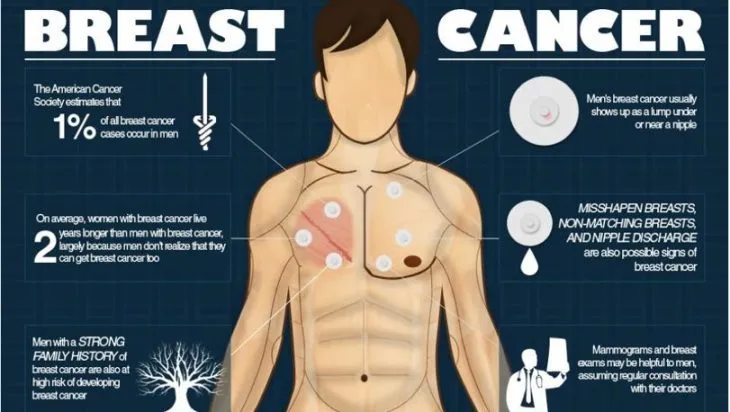
The founder of my support group had once shared a particularly traumatic tale. A male breast cancer survivor in the United States had always explained the puckered flesh on his chest as the result of a bullet wound. The bullet wound had sounded far more macho to him than admitting the “shameful” truth that he had breast cancer as a young man and the surgery, which had saved his life, left its mark.
His family was unaware, even after his second wife had died of breast cancer. The wife of another male breast cancer patient, also from the US, who did not survive, only because it was diagnosed too late, had put up a billboard on their family car with his face to create awareness about male breast cancer.

What chance does a man brought up in our country, where patriarchy is deeply entrenched through societal norms and cultural traditions, have to survive if he has breast cancer?
Today, October, as Breast Cancer Awareness Month, is not restricted to women. A week in this otherwise Pink Month, between 17 October and 23 October, has been earmarked as Men’s Breast Cancer Awareness Week to encourage them to be more vigilant about their breast health and also break the silence surrounding this deeply sensitive issue. There is a streak of blue in the Pink Month to remind us that breast cancer is not gender specific and men and women both should be breast aware.
However, as the terrible statistics of the United Nations remind us – every four minutes, four women are diagnosed with breast cancer worldwide and one woman dies from the disease – breast cancer is the most common cancer among women.
Last but not least, a gentle reminder that breast cancer is not always about lumps. It is often assumed that lumps are a telltale sign of breast cancer, but cancer does not always start in the breast with a lump.
It might be puckering, skin tethering, dimpling, nipple inversion, or discharge, and we must be vigilant for any changes in the breast.
We should do well to remember that cancer is a sly and stealthy fellow that hides in the shadows. But an early detection of cancer in the breast can save your life and even save your breast from the surgeon’s scalpel. And you are the best person to notice any change in your body.
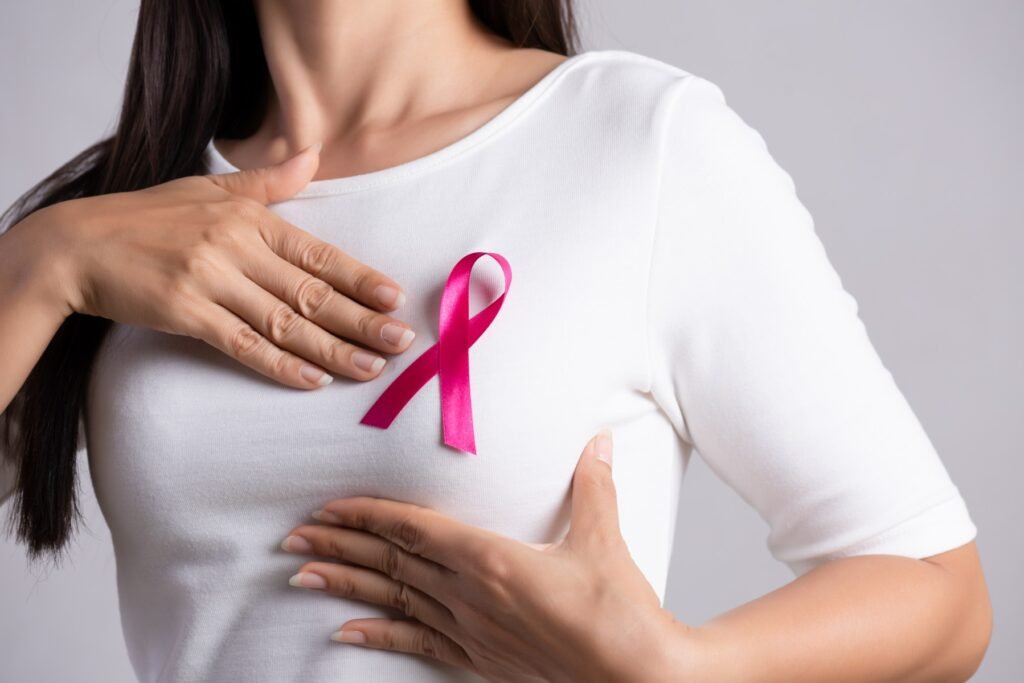
Every year, when it’s October, I almost feel guilty for raining on people’s parade. People are in between festivals, busy, happy, reminiscing and anticipating joyous days of Durga Puja, Navratri or Diwali and here I am reminding them that October is not only about Shiuliphool, Kashphool and bright Diwali lights but also about annual breast screening.
Amidst red-bordered white sarees, colourful lehangas for Garba nights or shiny, new clothes for Diwali, the pink month and the blue week also remind you to take good care of yourself.
Images : Google
Read this article on Breast Cancer, by the same writer Anindita Chowdhury – The Dance of Life: A Breast Cancer Survivor’s Story Of Survival, Courage And Inspiration – The She Saga https://share.google/UZBjjLydG7kRLCNX
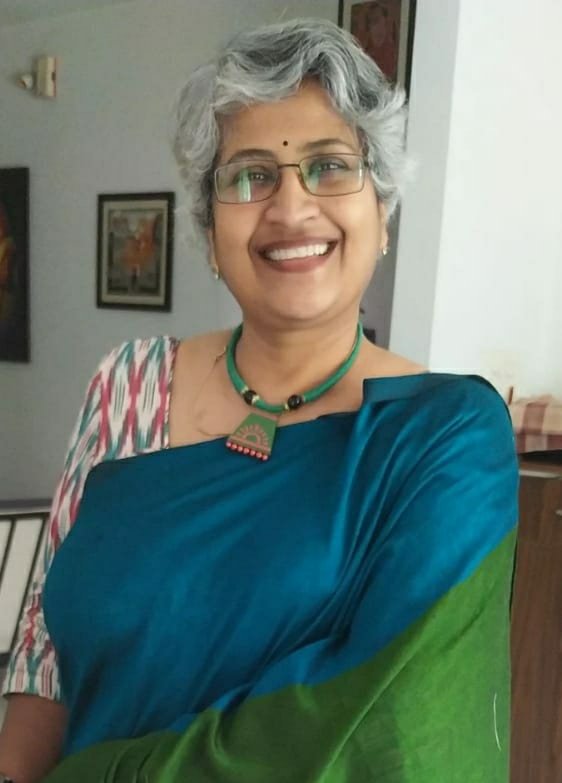
By Anindita Chowdhury
Anindita Chowdhury is a special correspondent of the English daily, The Statesman. She is based in Hyderabad. Apart from reporting, she writes short stories and essays with special focus on history, particularly the social and cultural aspects of the bygone era. She can be contacted at aninditasmail@gmail.com.





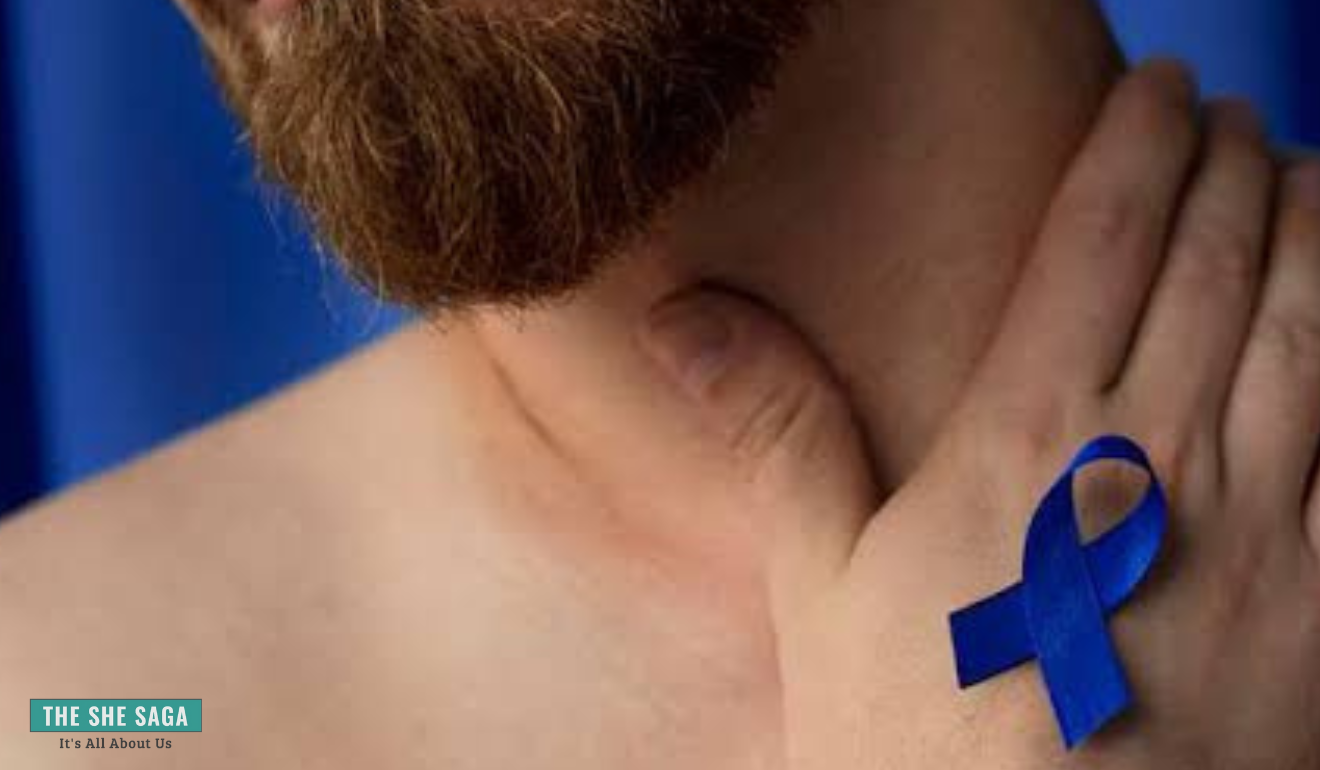

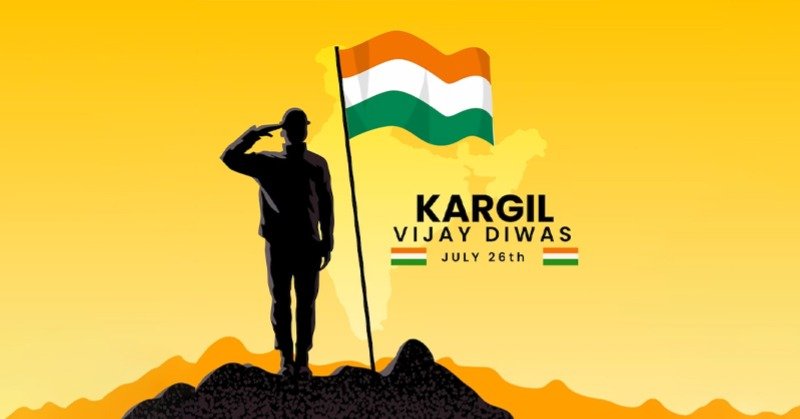
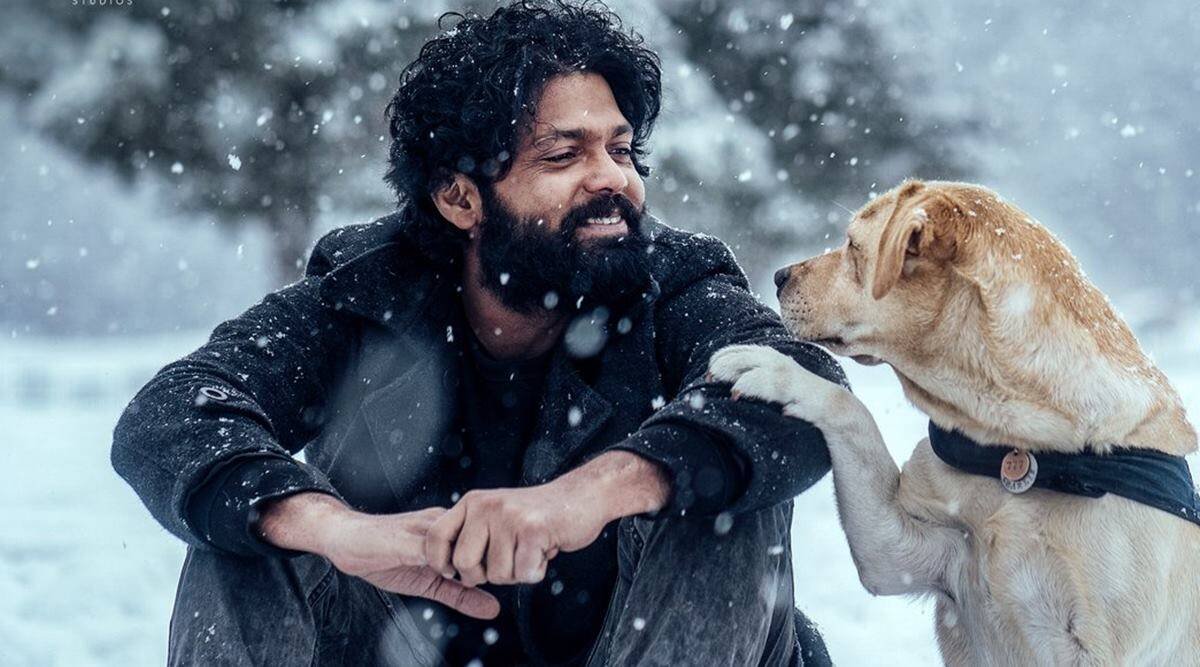



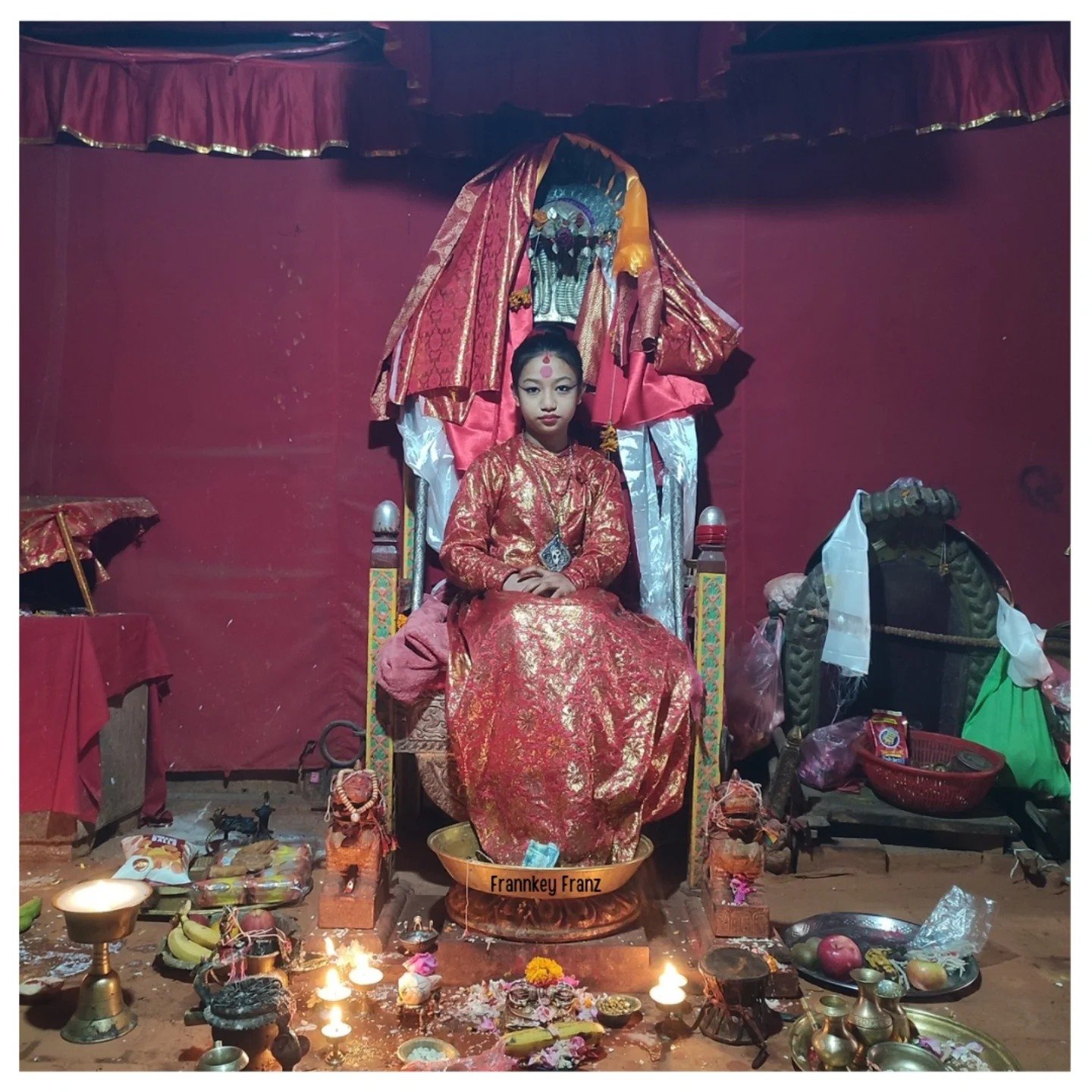

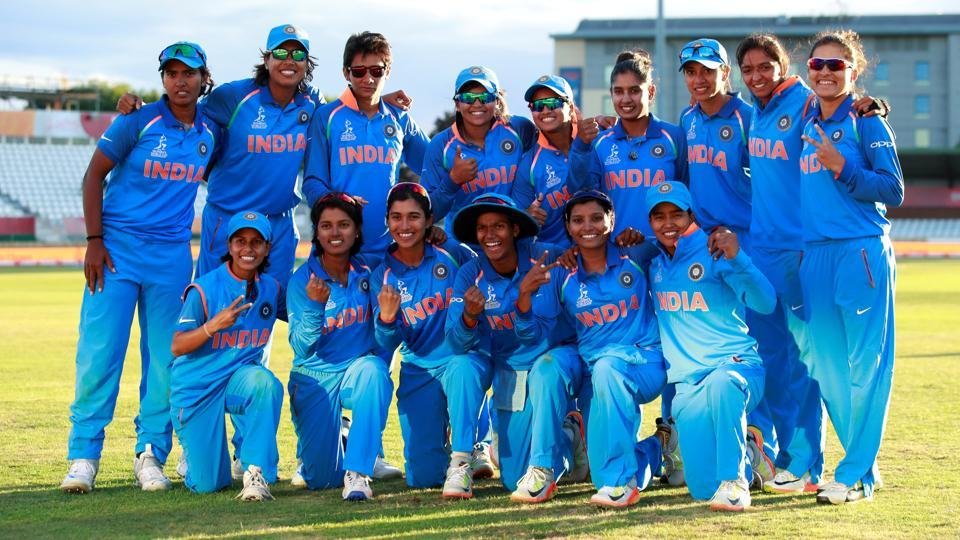
One Response
This is such an informative article. And the viewpoint as well.
In a country where both patriarchy and a skewed approach to shame lie side by side, it is all the more difficult to make people understand the importance of being vigilant about their health and many other things. Thanks for writing!